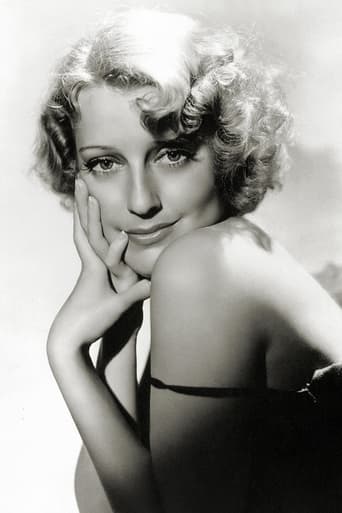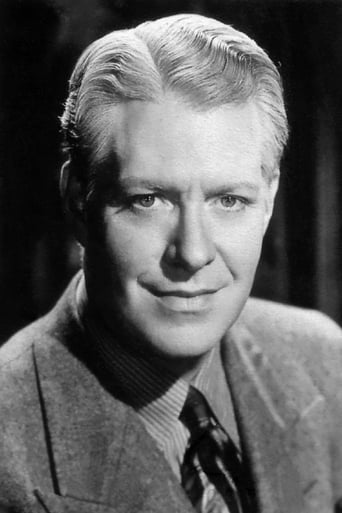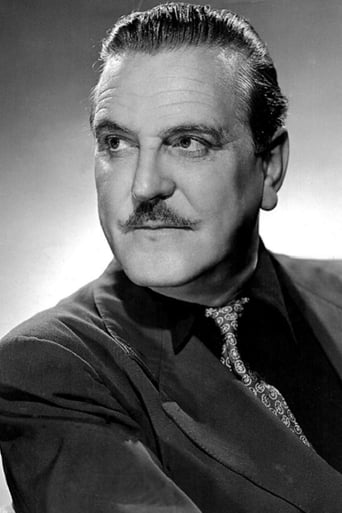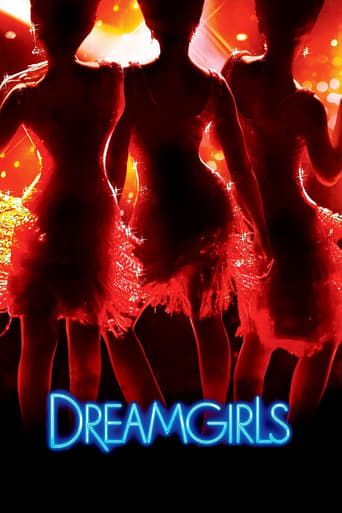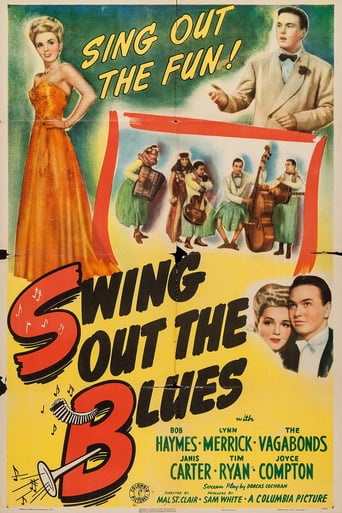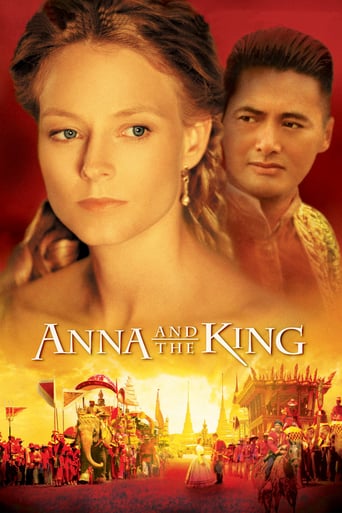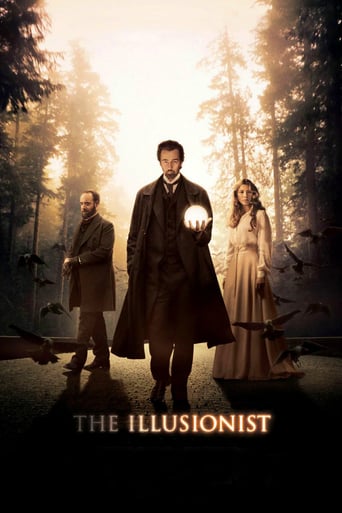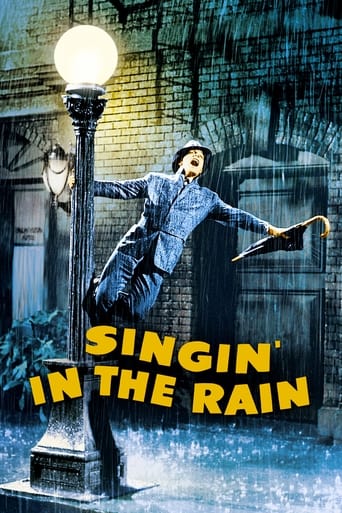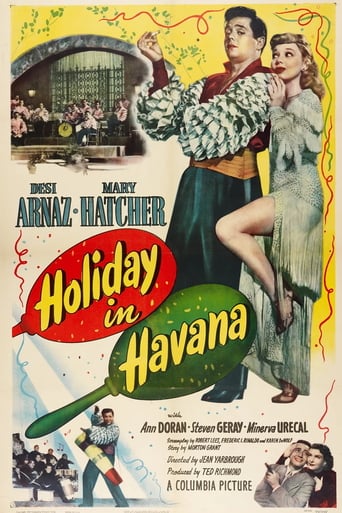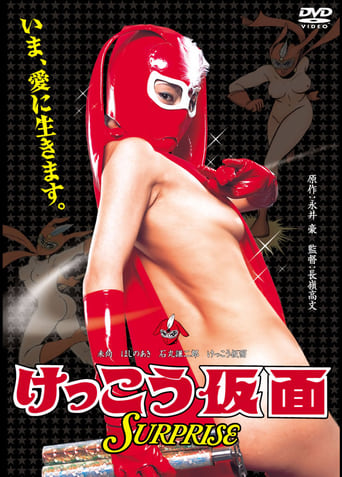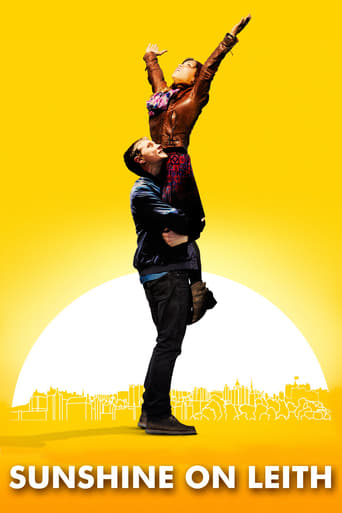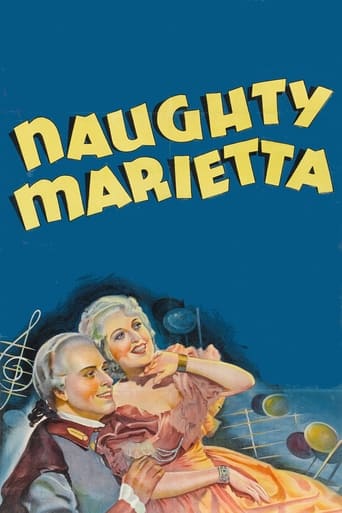
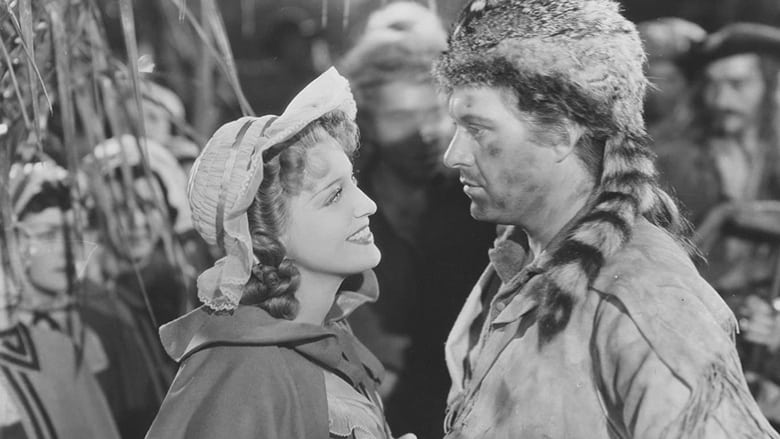
Naughty Marietta (1935)
A French princess flees an arranged marriage and sails for New Orleans, where she is rescued from pirates by a dashing mercenary.
Watch Trailer
Cast


Similar titles
Reviews
Thanks for the memories!
Sorry, this movie sucks
Simply A Masterpiece
There is, somehow, an interesting story here, as well as some good acting. There are also some good scenes
What can one say about Jeanette and Nelson that hasn't already been said. They harmonized so beautifully that anyone that has ever heard them knows what I mean.Their very first movie together is a sheer delight and has not aged a jot. Beautiful photography in monochrome and Jeanette has never looked more lovely.The music by Victor Herbert is just wonderful and shows what real music was like , unlike some of the rubbish that's written today. In fact, anyone who likes good music will just love it. Their duet near the end of the movie to "Ah !, Sweet Mystery of Life" is downright moving and their voices are just out of this world.I may be biased ,liking operetta,but I think that, even if one isn't all that fussy on it,they would still love this movie. Good story too with plenty of humour as well as drama and the audio, for the age of this film, is just perfect especially when they sing. Stalwart comic actor Frank Morgan is on hand in the supporting role, as well as Douglas Dumbrille and Elsa Lanchester. It was actually Nelson's first starring film and he makes an impressive hero and, even though people have said how wooden his acting was, it just seems right for Jeanette's glowing personality. To say that "they just don't make them like this anymore" would be an understatement.Perhaps it seems corny and sentimental compared to today's fare, but I'd prefer it any day of the week to escape reality for two hours away from the world of today. Just relax and drink it in.
Wonderful film and the first film to start of a great partnership! Naughty Marietta tells the sweet story about a popular princess who is ordered to marry an old man who is a drunkard. So like any Princess would she go to the ''New World'' to start a fresh where she takes her maids name ''Marietta''. Marietta as a bride for the new world falls head over heels in a hard to get act for the handsome Captain Dick (Nelson Eddy). The most remembered piece about this film is the where they sing ''Ah, Sweet Mystery of Life'' where she is on the staircase and he is at the bottom, the duet is splendidly beautiful and will have you glued to the beautiful voice that is Jeanette MacDonald & Nelson Eddy!
Popular music changes from one era to another. Opera and operetta were the principle forms of popular music in the first decade of the 20th Century, although there were popular tunes (like "After the Ball Was Over" or "I Wonder Who's Kissing Her Now") that people would sing. The leading operetta composer in America was Victor Herbert (his closest competitors were "March King" John Philip Sousa, Leo Fall, and Reginald De Koven). Of that group Herbert and Sousa survive to this day, though Herbert's music is usually for concerts (Sousa survives because of his excellent marches). De Koven is recalled only for his greatest operetta, ROBIN HOOD (wherein he has the tune "OH PROMISE ME!")and Fall did some once favorite musicals like THE DOLLAR PRINCESS and THE PRINCE OF PILSEN. Later Rudolf Friml and Sigmund Romberg would join this group. Noteworthy for being available but ignored was the one African-American composer of opera at the time (but only once), Scott Joplin.By 1935 the popularity of opera and operetta were somewhat on the wane. Popular music (especially tunes from Broadway) were more likely to be heard on radios or on phonographs. Hollywood was also pushing it's own successful music, such as tunes by Harold Arlen at Warner Brothers. Despite it's relative decline operetta still had it's aficionados. In Hollywood Laurel & Hardy did a series of film musicals based on operettas (BABES IN TOYLAND - another Herbert score - and THE BOHEMIAN GIRL, as well as the opera FRA DIAVALO). More important was film studio head Louis B. Meyer, who really liked the operettas of Herbert.In 1935 Meyer heard that his rivals at Paramount were losing their resident songbird Jeanette MacDonald. She had made several successful films (including LOVE ME TONIGHT) with Maurice Chevalier. It was her third of four films with Chevalier, and they would make one other film together afterward (THE MERRY WIDOW - based on Franz Lehar's Austrian operetta). But MacDonald and Chevalier disliked each other: Chevalier had been rebuffed by her early on when he tried to get her sexual interest (he pinched her behind), and later he felt she was a hypocrite about her high moral standards (she was having an open affair with her future husband Gene Raymond). It's incredible that their four musicals retain their popularity to this day (and that many critics feel they were more effective as a pair than she was with Nelson Eddy).After THE MERRY WIDOW, MGM put MacDonald in THE CAT AND THE FIDDLE with Ramon Navarro (with a score, including "SHE DIDN'T SAY YES", by Jerome Kern). Although the film did well it was not a world record shaker. Meyer (who, it subsequently turned out, had a personal interest in MacDonald that mirrored what Chevalier had originally wanted) pushed her into NAUGHTY MARIETTA with Nelson Eddy. And the result was musical film history.NAUGHTY MARIETTA is a costume piece, which seems like some versions of the novel (later opera) MANON LESCAUT by Abbe Prevost. Fortunately it is not as deadly serious. Like that novel, the hero and heroine meet in 18th Century France, and end up in the wilds of the French North American colony of Louisiana. But whereas Manon and her lover are buffeted by fortune to a tragic ending, Marietta and Warrington (Jeanette and Nelson) are able to succeed in coming together at the end and surviving. She is an aristocrat whose debt ridden uncle/guardian (Douglas Dumbrille, of course) is trying to get her to marry a boring Spaniard grandee (Walter Kingsford) for his money. The King of France favors the marriage for diplomatic reasons. Jeanette flees to Louisiana as an indentured servant, and the ship is seized by pirates. But subsequently they are rescued by Eddy and his men.What follows is the normal slow break-down plot between Nelson and Jeanette. He is attracted to her and vice versa, but he is too cocky, and she is not a pushover. What slowly cements the relationship is their singing, and the numbers (including Herbert's "Italian Street Song" and ending most memorably with "Sweet Mystery of Life") makes their love's success inevitable. Eddy is not a stiff tree - his acting was not of the calibers of say Paul Muni's or James Cagney's, but he obviously never took himself seriously and enjoyed playing with Jeanette (a feeling that was reciprocated: they became very close friends). Take a look at how he is surprised at her singing. Jeanette had her voice trained (Nelson does not know this) and he starts saying, "But the tones you get out of your throat" with total surprise. He can act if you watch that early sequence.The supporting cast, including Frank Morgan as the bumbling governor (but good friend of Eddy and MacDonald - look at how he shows his resentment to Dumbrille when the latter shows up), Elsa Lanchester as his wife, Akim Tamiroff as an early type of entertainment entrepreneur, and Harold Huber and Edward Brophy as Eddy's chief assistants are uniformly good. NAUGHTY MARIETTA remains, despite the decline of operetta as a well loved area of music, a wonderful film of the golden age of Hollywood.
One of the first concerts I ever attended was an appearance of Nelson Eddy singing on the stage of the Troy Music Hall in Troy, New York, my hometown. My older sister was a violinist, and took me to hear him, a fine baritone, wanting to introduce me to classical music for the first time. He had a very appealing voice, as he was a handsome man. His parts were important, for they reflect music and styles of eras of the early twentieth century before and after films. Nelson 2003 is now history, having been a fabulous week-long festival of films, music, lectures, friendship, fun (and glorious food) at the historic Riverside Inn in beautiful Cambridge Springs, PA. Plans are already underway for June 2007. For details, contact Dr. John Marsh ([email protected]) after January 1, 2007 for exact dates, convention theme, and a hint about guests and activities. You are also invited to attend the dedication of Nelson Eddy Street at Hollywood Forever Cemetery, 6000 Santa Monica Blvd., Hollywood, California. The ceremony will begin at noon in the chapel and conclude with the unveiling of the street sign. There will be entertainment and refreshments. It is hoped that many who knew and heard Nelson, and were important in his life will be able to come.


